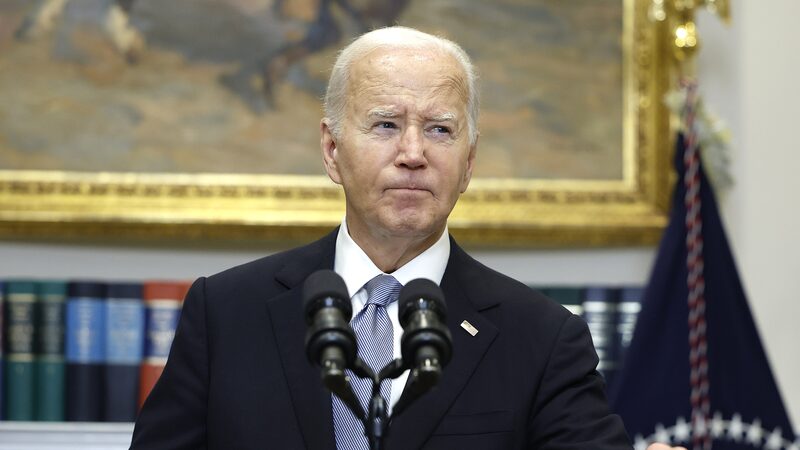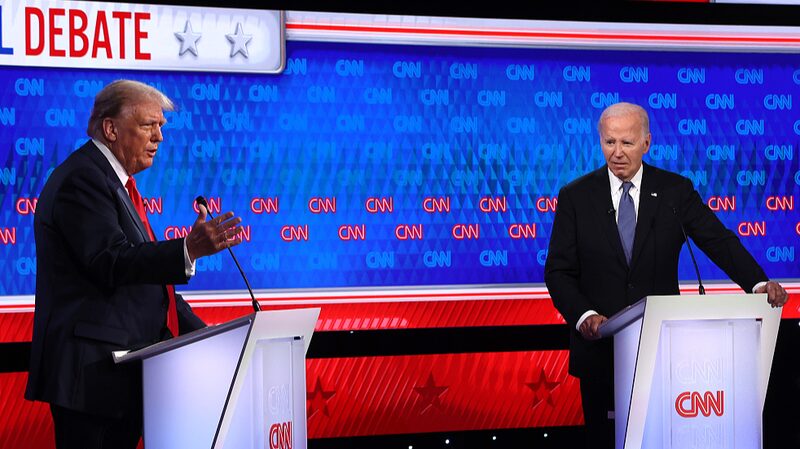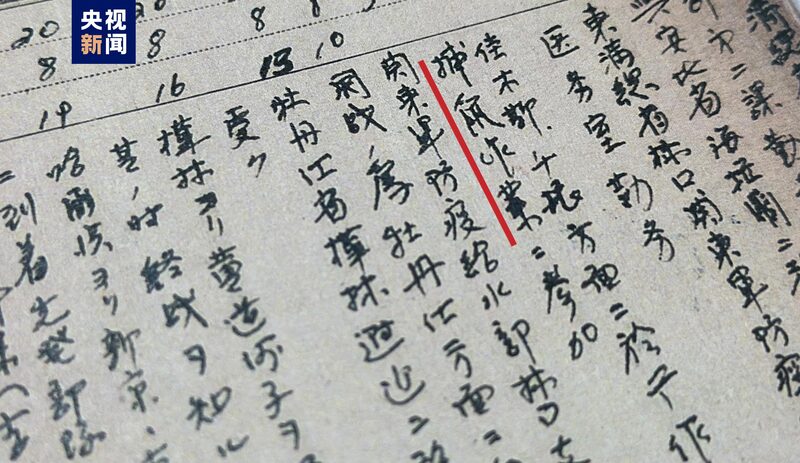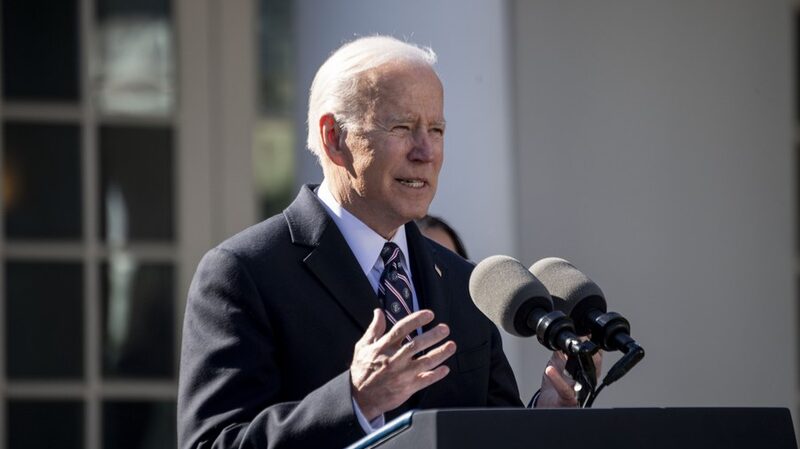Japanese Prime Minister Fumio Kishida’s recent U.S. visit felt more like a rockstar tour than a diplomatic mission 🌟. After joking about receiving louder applause in Washington than Tokyo, he secured historic security deals President Biden called the alliance’s \"most significant upgrade ever.\" But behind the handshakes lies a seismic shift in Japan’s postwar identity.
From Peacekeeper to Player?
Japan’s new defense guidelines now allow exporting lethal weapons co-produced with allies – a dramatic pivot for a nation bound by its pacifist constitution since WWII. \"We’ve transformed from a recovering ally to one looking outward,\" Kishida told Congress, referencing joint moon missions with NASA and trilateral military drills with the U.S. and UK 🚀.
Economic Revival or Risky Gamble?
Experts warn Japan’s push to boost military production could backfire. Tsinghua University’s Liu Jiangyong compares it to \"drinking poison to quench thirst,\" arguing weaponizing industries might revive economic growth but risks creating a U.S.-style military-industrial complex 🔄.
Protesters vs Patriots
While Washington cheers Japan’s counterstrike capabilities, not everyone’s celebrating. Residents rallied in Tokyo this week, fearing closer U.S. ties could drag Japan into conflicts. One protester’s sign read: \"Peace Constitution RIP?\" ✌️🚫.
China’s Stance
The Chinese Foreign Ministry urges reflection on Japan’s wartime past, stating: \"Concrete actions, not weapons, build trust.\" With tensions simmering in Asia, Japan’s security glow-up is testing old alliances – and rewriting regional rules 📜⚖️.
Reference(s):
Analysis: What's behind Japan's shift on its security policy?
cgtn.com





